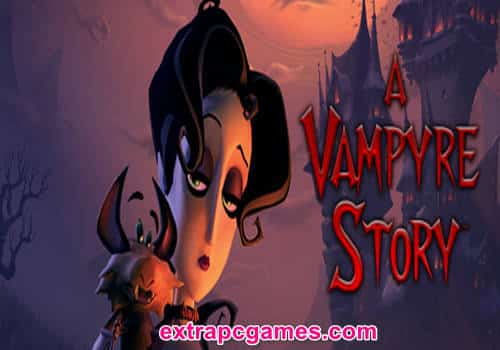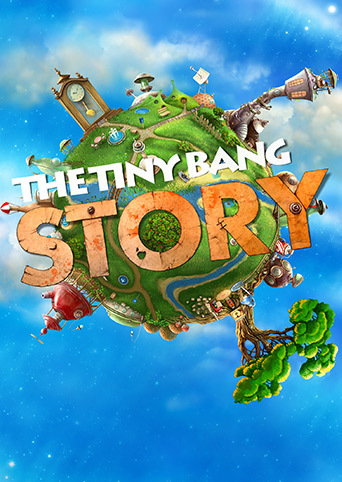

Maciej Gołębiewski: Because it entails that there’s always a working standalone build of a game independent of any 3rd party service, software, or infrastructure.

How does having DRM-free games help game preservation in the long run? This proves it’s more about releasing high-quality games that can draw players’ attention and let them sink into the game than showing them a distrust by applying DRM schemes that won't protect publishers from piracy anyway. And there are plenty of other titles released on GOG that are widely considered a classic and iconic for their genre. The game was released DRM-free on all platforms and became one of the best-selling video games of all time, with 40 million copies sold to date. Take, for example, The Witcher 3 by CD PROJEKT RED. Throughout our 14 years of history, we have a lot of examples showing that releasing games without DRM can bring financial success and gamers’ gratification.

Maciej Gołębiewski: I think our best argument is GOG’s story itself – it shows how a site that was dedicated to reviving “Good Old Games” evolved to a platform that serves millions of users on a monthly basis and offers thousands of titles without any sign of DRM. What would you tell other publishers or developers to convince them to consider a DRM-free system? DRM, for many, is the way to prevent their games from being copied and distributed illegally, although we all know most titles get cracked either on the day of the release or within the first few weeks. Maciej Gołębiewski: The anti-piracy context here is obvious, and we know it first-hand from some partners. In your opinion, why are so many other companies set on using DRM?


 0 kommentar(er)
0 kommentar(er)
